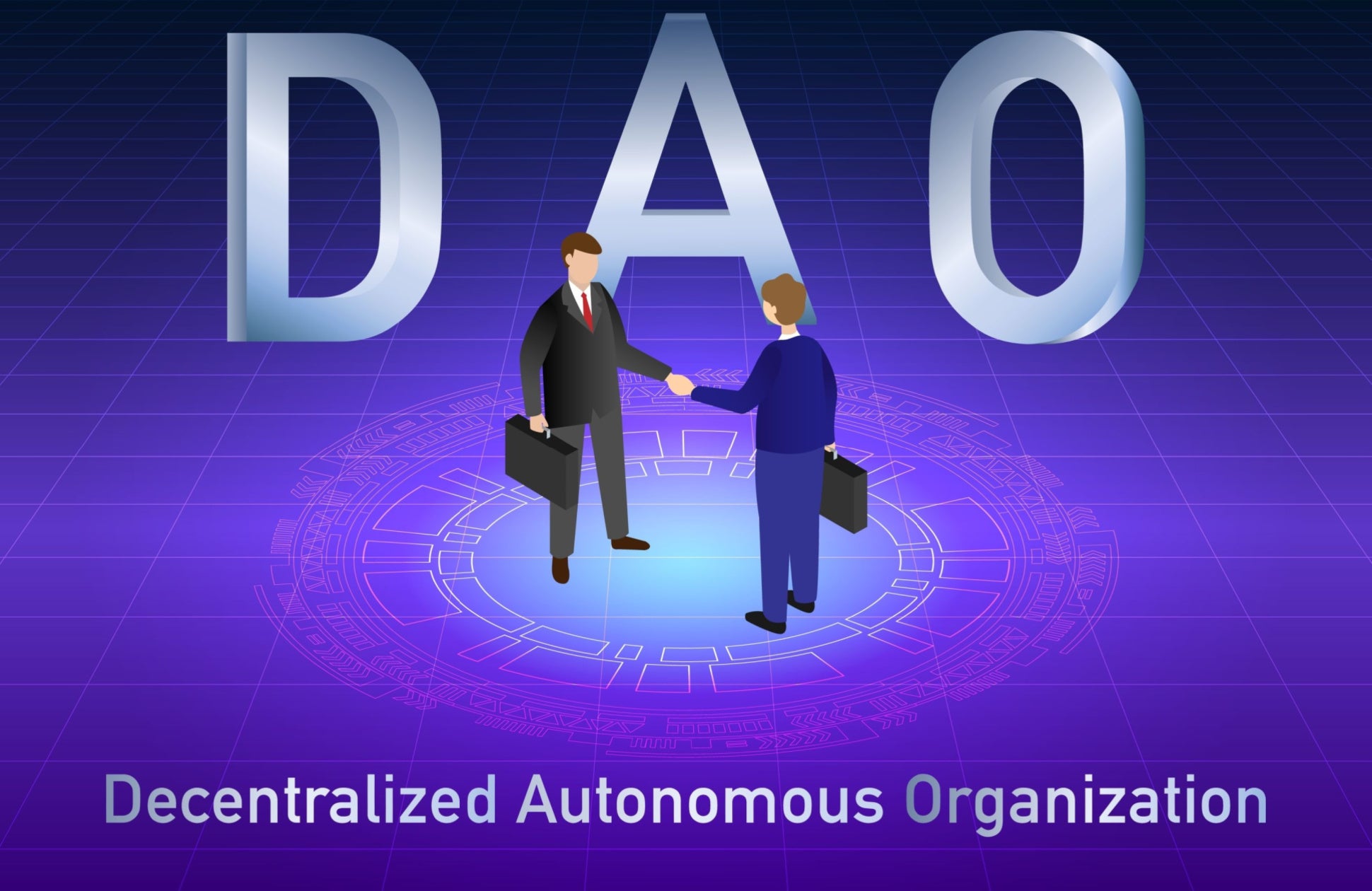The year is 2032. You are watching your favourite football team in the UEFA Champions League final. It is the 80th minute and the game is tied at 0-0. The manager decides that he wants to make a substitution. But your team is not just any old team, and decisions are not made how they used to be because your team is a decentralized autonomous organization (DAO). As a part owner of the DAO, you will get a say in the decision, and it will go to a democratic vote on who to take off and who to bring on.
It sounds unlikely. But with the growing interest in DAOs, this is not as farfetched as some think. Someday in the distant future, could this actually become a reality?
What is a DAO?
A DAO is a group of people that collaborate via a blockchain account using smart contracts, tokens, and NFTs. Each DAO has its own governance tokens, which collectively make a treasury. Members can stake tokens and vote on how the DAO is operated, thus dictating the strategic direction of the organization and working together to guide its success.
In short, a DAO is an alternative system for ownership and operation of any given business whereby groups of people must come together to make decisions and drive momentum. As its name suggests, there is no central authority.
Why are DAOs a good idea?
In a world where everyone is personally, emotionally, and financially invested in their favorite sports teams and leagues, it makes sense that people want a greater say in the decisions of teams and leagues. Former Arsenal manager and visionary Arsène Wenger spoke several years ago about how he thought that in the future, teams will be picked by the fans. This mystic prediction was long before Web3 technologies were being discussed.
Why are they a bad idea?
DAOs exist in a regulatory grey area, and that is true for sporting organizations and teams too. The structure of DAOs is problematic. Since it is a collective ownership organization, decisions are made with tokens. Tokens held by members act as decision-makers, granting both power and influence. Naturally, those who wield their wealth and buy a lot of tokens get a greater say, which is not as democratic as some of the proponents of DAOs say.
How well do you really know your competitors?
Access the most comprehensive Company Profiles on the market, powered by GlobalData. Save hours of research. Gain competitive edge.

Thank you!
Your download email will arrive shortly
Not ready to buy yet? Download a free sample
We are confident about the unique quality of our Company Profiles. However, we want you to make the most beneficial decision for your business, so we offer a free sample that you can download by submitting the below form
By GlobalDataWhere are they currently being deployed?
Where DAOs do pop up, the decision-making availability will be fairly limited and trivial. But they will continue to pop up as the importance of fan engagement increases. Ultimately, however, many organizations and leaders will be reluctant to share decision-making processes with fans. This is, partially, because sports teams are competing with one another. As such, the teams that make the best decisions are those that are successful. If any sports fan is honest with themselves, they will admit to having made the wrong call on their team, players, or manager many a time.







